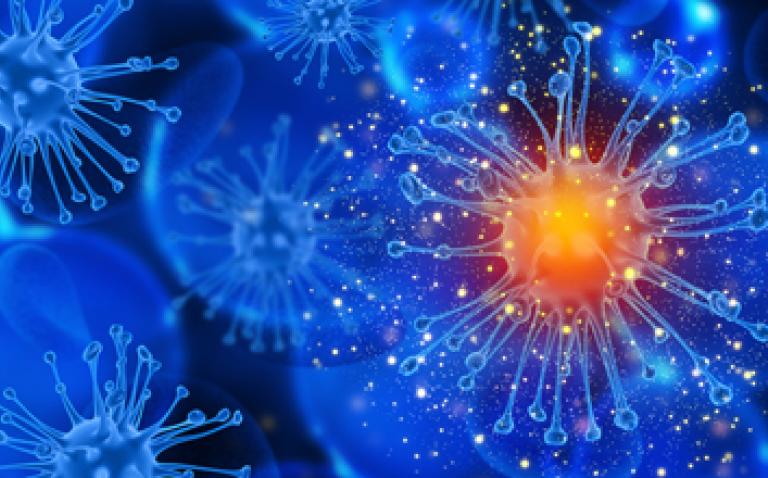Researchers have discovered a way of re-sensitising tumour cells that are resistant to cancer drugs.
The study, conducted by biologists at the University of California in San Diego, found that a human gene known as Schlafen 11 controls the sensitivity of tumour cells to DNA-damaging agents, which make up most of the widely used cancer drugs.
Schlafen 11 was originally found in 1998, when it was discovered that it hinders the replication of HIV in infected human cells by blocking viral proteins, but without suppressing the cell’s overall ability to produce proteins.
This new research, which was published this week in Nature Structural and Molecular Biology, set out to discover what the gene would do in tumours.
It found the Schlafen 11 had a similar effect on ATM and ATR, which are protein serine/threonine kinases that the report calls two ‘master controllers’ of the DNA damage response.
Professor of biological sciences at the University’s Moores Cancer Centre, David Schwarz, said: “We found that if you expose cells that have Schlafen 11 to DNA damaging agents, the Schlafen 11 protein gets activated and suppresses the synthesis of ATM and ATR – that’s essentially what kills the tumour cells.
“In cells that do not express Schlafen 11, you do not get this down regulation of ATM/ATR and that essentials allows the tumour cells to survive.”
Professor Schwarz said it was likely this research could potentially be applied to other viruses alongside HIV and tumours.
Co-author of the study, Professor Jean Wang, said: “These results suggest two ways to enhance the killing of cancer cells by DNA-damaging drugs by adding ATR inhibitors or transfer RNA inhibitors.
“The paper is also of significance to the basic research on DNA damage response because it shows for the first time that regulation of transfer RNAs determines when a damaged cell will survive or die.”










